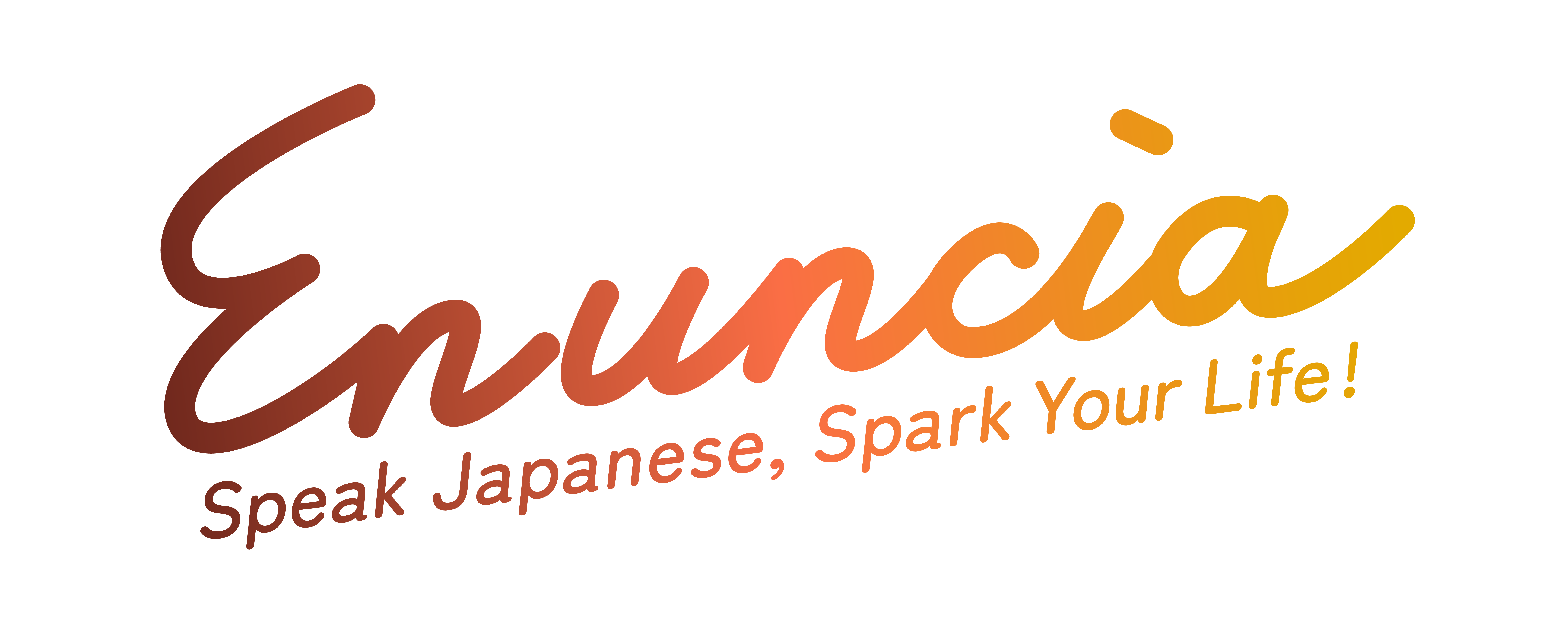JLPT N4 Vocabulary – “何でも” and “何も”

Table of Contents
1. Difference between ”何でも” and “何も”
2. 何でも
3. 何も
4. Summary
5. Quiz
6. Similar Articles
7. Comment
Q: What’s the difference between “何でも“ and “何も“?
A:While words with “何” are abundant, there’s a clear distinction.
何でも
It is used when referring to the subject of discussion without specifying or limiting it.
[Rules]
なんでも+ Verb affirmative form
なんでも+ Adjective affirmative form
[Examples]
A:「今日の晩ご飯、何がいい?」
B:「何でもいいよ。」
A: “What would you like for dinner tonight?”
B: “Anything is fine.”
⇒ This response implies “Japanese or Western cuisine, anything is acceptable.
質問があったら、何でも聞いてください。
If you have any questions, feel free to ask anything.
⇒ This means “I’m open to answering various questions without limiting the topic.”
何も
It is used to negate everything without specifying or limiting anything. This word can also have a negative connotation at times.
[Rules]
なにも+Verb negative form
なにも+Adjective negative form
[Examples]
A:「今日の晩ごはん、何が食べたい?」
B:「おなかがいっぱいだし、何も食べたくない。」
A: “What would you like to eat for dinner tonight?”
B: “I’m full, so I don’t want anything.”
⇒ This negates everything, indicating not wanting dinner at all.
彼と別れてから、何も楽しくないです。
Since breaking up with him, nothing is enjoyable.
⇒ It’s not that something specific isn’t enjoyable, but rather that nothing is enjoyable at all.
Summary
- Let’s remember the set of “何でも+positive form” and “何も+negative form”.
- “何でも” doesn’t specify or limit the subject, so it’s broad, while “何も” negates everything.

The reading of “何” can be “なに” or “なん,” with two patterns.
If you want to learn more in detail,
please read this article.
Quiz
Read the following sentence and choose the expression that fits the context from the options provided in the parentheses.
Click on the question to check the answer.
A. 何でも
子どもは何でも興味があります。
Children are interested in everything.
*The latter part is in the affirmative form. Also, considering that children are interested in various things, “何でも” is appropriate.
A. 何も
今日は一日何もしませんでした。
I didn’t do anything all day today.
*The latter part is in the negative form. Since it doesn’t specify what wasn’t done, “何も” is used.
A. 何でも
このお店は食品でも家具でも何でも売っていてすごいですね。
This store sells everything, from food to furniture, it’s amazing!
*Since the positive word “amazing” is used, “何でも” is appropriate.
A. 何も
セールに行ったけど、何も残っていませんでした。
I went to the sale, but there was nothing left.
*The latter part is in the negative form. Also, considering that nothing was left at the sale, “何も” is appropriate.






Very helpful and easy to understand!
Thank you! I’m happy to hear that the explanations are useful:)